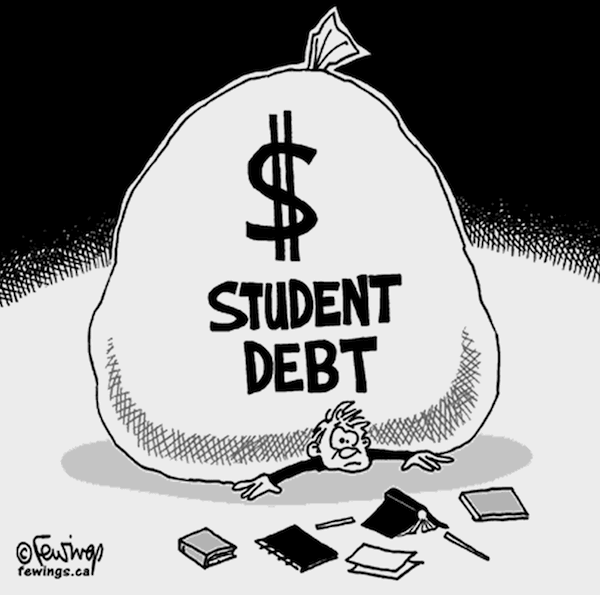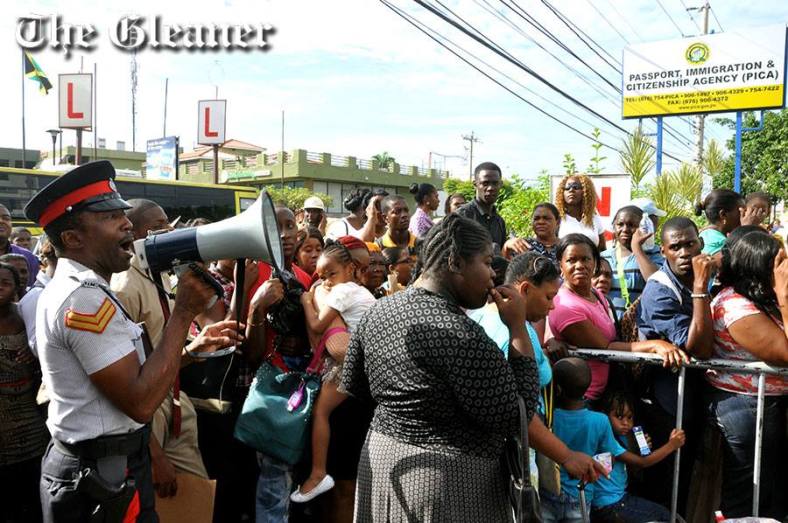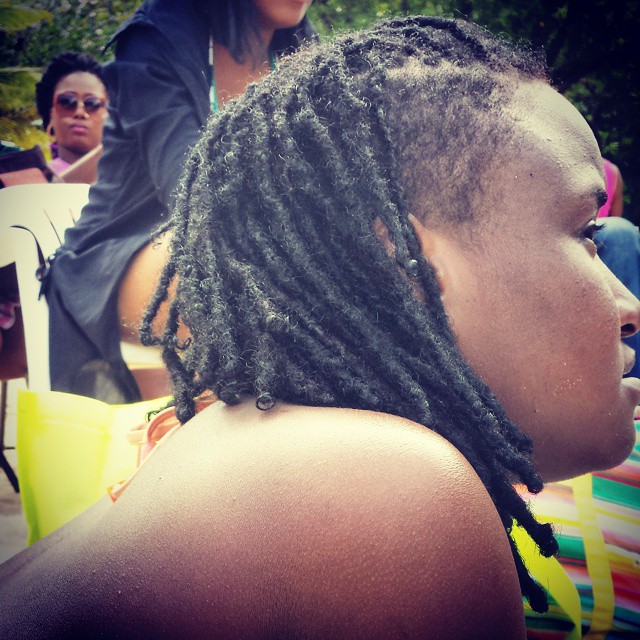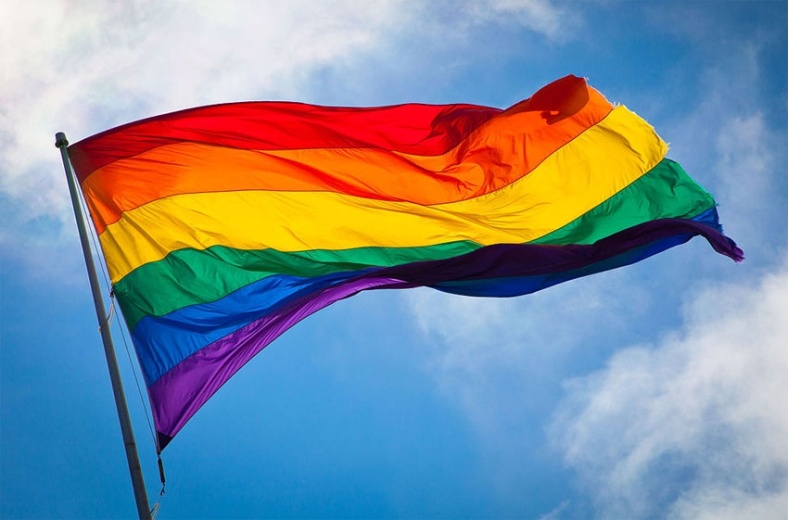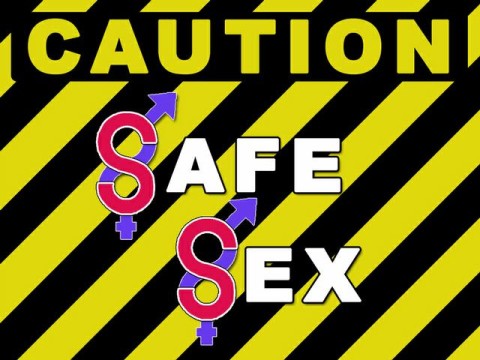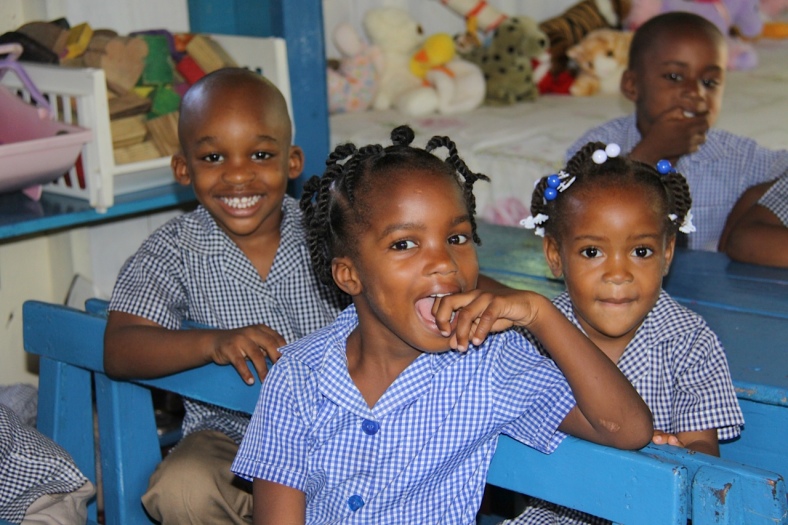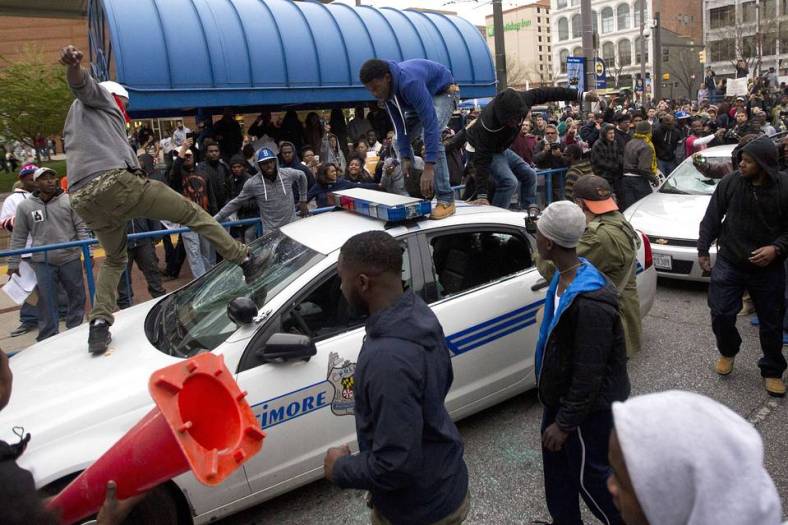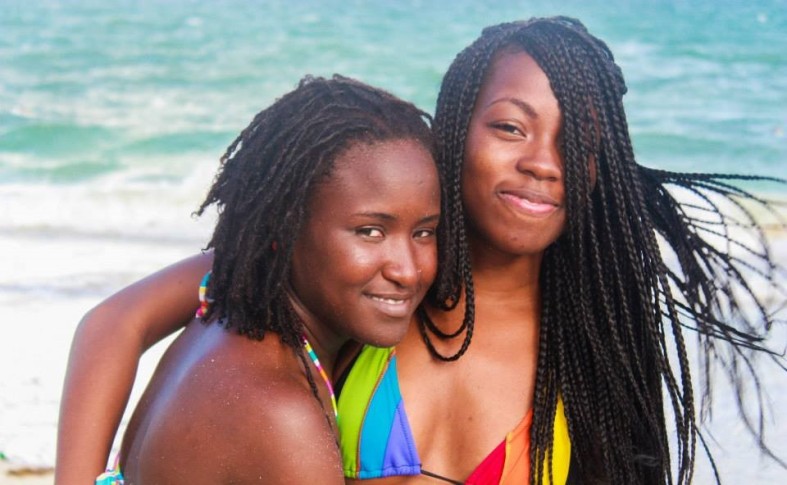I have not blogged in almost two years. Wow. I kept saying tomorrow but tomorrow never came… until today! Forgive me, faithful readers.
In the time I have been absent from the blogosphere I became a mother. I felt it was only right that my return chronicle, in some way, my experience on this new journey.
_______
Being a new mother to the most adorable little boy has been a fulfilling journey thus far. I get to wake up each day with a renewed sense of my purpose and commitment to making Jamaica, and by extension the world, a better place for him to inhabit, and find his own purpose.
Four months in and I am still amazed that little ol’ me had something to do with this handsome little gem being here. It is an absolute joy to watch him conquer all his firsts. The first time he cooed he shocked himself and cried. I guess he couldn’t believe the sound actually came from him after his many attempts to communicate, with no sound forthcoming. Watching him discover himself and the world around him has been the highlight of my tumultuous foray into motherhood.
But this journey hasn’t been all sugar and giggles. It is, for me, equal parts joy and stress. As a young(ish) parent I am learning on the job. Some days are difficult and overwhelming but I have to get up and show up nonetheless. An actual person is fully dependent on me. Whoa!
Babies consume your every waking moment. They demand your full attention and commitment, and that is not always easy on you. There are moments of self-doubt and it’s something you must contend with and try to resolve before it catches up to you in more destructive ways.
Now, dealing with the mental, physical and emotional distress that often come with being a mother, and a new mother in my case, can be an uphill battle. There is an expectation that motherhood is (and should be) blissful. And that expectation is burdensome. Yes, I am over the moon about my baby but there are also days when I am deeply overwhelmed. Days when my anxiety about whether I am doing a good job, whether I made the right decision to become a parent or what the future holds become unbearable.
But how do you come to terms with how you feel when the only model you’ve seen is that of the blissful mother who falls into her role effortlessly? Does that make you an awful, selfish person? The thing is, people tend to share their happy moments and what is important to remember is that these are not their only moments. It’s not that the happy moments we share are untrue; they are just incomplete.
The danger in not being able to express those negative emotions, whether out of feelings of guilt or a real or perceived lack of support, is that you are afraid to seek help. Things can balloon out of control, and before you know it you’re suffering from postpartum depression (which can show up many months after you’ve given birth *knock on wood*).
Mothering is not easy, no matter how effortless it looks to the untrained, unknowing eyes. And on top of that, so many things in your life change with the coming of a baby. Your body changes; you look in the mirror and things that used to stand up now kinda hangs and all those taut parts you were so proud of? Forget it. You do not have the time to do all the things you used to do – and things done for pleasure and to unwind are the first things to get cut so there goes your self-care activities that would usually get you going again.
Women need safe spaces to be able to honestly share their feelings and challenges about motherhood. Some of us are lucky enough to have small pockets of people who support us through the difficult times and show up when we need them most, but by and large it is a lonely road if you do not feel the baby bliss 24 hours a day, 7 days a week.

